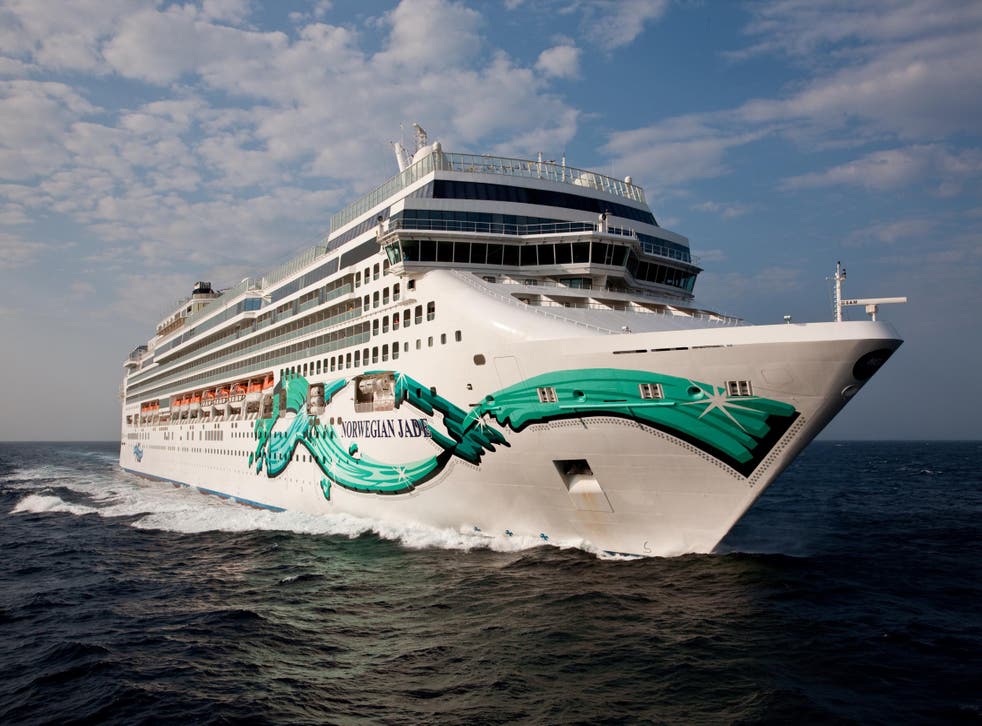
Staying outside the city centre will result in the best accommodation prices. Although this is not always the best option, it can help you save money on your room. Although the added cost of transportation may offset lower room rates in outlying districts, the additional cost is often insignificant compared to the savings on accommodations. If possible, you might consider staying at an outlying property. You may also want to consider couchsurfing or other alternatives if you don't live near an outlying hotel.
Off-peak, shoulder and winter seasons
Shoulder and off-peak seasons offer a number of benefits for the frugal traveler. You'll find that airfares are cheaper during these periods, as well as the ability to meet locals and experience less traffic. These are not the ideal times to go on a tropical vacation. However, they can still be great for a weekend getaway. Below are the top off-peak and shoulder seasons for travel.
Couch surfing
Couch surfing is a great option if you're looking for affordable accommodations. Couchsurfing is an online community that connects travelers and local hosts. Members can search for hosts by location and experience level. They can then send a request to sleep on a couch to the host they have found. For more information on past couch-surfers, visit their profiles. These are some tips to help you become a great couchsurfer.
Avoid anti-holidays
Avoiding holidays that are normally more expensive is one way to travel frugal. This can be done by choosing non-peak dates. This is the best period to visit a place because the prices are generally lower than during peak seasons. You can always travel in the off-season if you are unable to find a holiday that suits your schedule.

Taking a "staycation"
Staycations can be great for those on a limited budget. This type vacation can be avoided by not having the stress of managing the household, cleaning, or working. But the benefits of staying at home are not just financial. Staycations are also fun and can provide just as much satisfaction as a traditional vacation.
FAQ
How do you prepare your body for vacation?
To maintain a healthy lifestyle on vacation, you must eat well and exercise regularly.
You should also ensure you are well rested and hydrated before leaving home.
Be sure to have all your travel documents and medications on hand.
If you are planning on taking any medication while you travel, make sure you have enough to last you until you return to your home country.
Last but not least, make sure you have a spare set of clothes in case something happens.
What should I do with my luggage?
There are many options. Most people use airport lockers. These are normally located near the security area. They are usually $5-10 per person, depending on the size of your locker.
Renting a storage unit is another option. These units are often located in large shopping centers or hotels. There are discounts available for multiple units, although prices can vary.
A third option is to hire a porter. A porter will help carry your luggage from the carousel to your room. For each porter you hire, you pay a small amount.
These are the things that you must remember when traveling.
You will find yourself in situations that leave you with very little time for making decisions when you travel. Prepare to be flexible.
You could be stuck there for hours, days and even weeks. If you've planned ahead, you'll have food, water, shelter, and a place to sleep. You may need to improvise if you don't plan ahead.
In these cases, you'll probably have to rely on what you know how to do best. That means taking quick decisions based only on intuition and experience.
Sometimes, however, you will not have any other choice. For example, you could be stranded in an area without cell phone service, running out of gas, or having been robbed. In those situations, you'll have to adapt quickly to whatever situation presents itself.
The key to success is to stay calm, remain focused and act decisively. Don't panic. Instead, be calm and focus on what you can do.
If you are lost in the woods, it is possible to choose which direction you should go. Or if you're hungry, you can eat berries or mushrooms. Rainwater or melting snow are good options if you're feeling thirsty.
If you're tired, rest. You can layer up if you are cold. If you're wet, you can change clothes. You will feel happier no matter what, if your outlook is positive
Statistics
- Alcoholic beverages with 24% alcohol or less are not subject to limitations in checked bags. (tsa.gov)
- You can use compression sacs or cubes to reduce the volume of your clothes by up to 80%—this is especially convenient for bulky items such as sweaters and jackets. (eaglecreek.com)
- No Checked Bags: No Alcoholic beverages with more than 70% alcohol (over 140 proof), including grain alcohol and 151 proof rum. (tsa.gov)
- They're also likely to offer babysitting services, in case you'd like to have dinner one night after 7 p.m. (travelandleisure.com)
- That's an 18% jump from 2019, the previous record year. (travelandleisure.com)
External Links
How To
How to plan for your next holiday
Planning a trip requires many things, such as booking flights and hotels, car rentals, activities, and so on. This includes important considerations like budget, destination and weather forecast.
These points are essential to keep in mind when you plan your next vacation.
We have put together a step-by–step guide to help plan your next vacation. This guide is based on customer feedback and our experience. We hope you find this guide helpful and easy to follow when planning your next vacation.
Steps:
-
Your Budget is an important step in planning your trip. You must know how much money you want to spend on your trip before you start thinking about where to go and what to do. If you don't have the money, your plans may be cancelled.
-
Book Your Tickets - Once you've decided on your budget and set your priorities, booking your flight tickets is the first thing that you should do. Be sure to get the lowest price flight deal. Also, check if airlines offer any special deals during certain seasons. These deals could be a great way to save money.
-
Select Your Destination - After you have booked your flight, you will need to choose where you want to travel. Multiple factors come into play when choosing your destination, including location (where you're going), climate (what season to visit), culture (how friendly people are), and cost (how affordable it is).
-
Finding Accommodations - Once you have chosen your destination, it is time to find accommodations. You have many accommodation options, from hostels and luxury suites to choose from. It all depends on what you want and how much space you have. If you need to be near the city center, a hotel may not suit your needs. However, homestays may be more suitable for you if your preference is quieter and away from crowds.
-
Select Activities & Attractions - After selecting your accommodation, now is the time to select the activities and attractions you wish to include in your itinerary. Depending on your length of stay, you may choose to add or remove activities.
-
Plan Your Trip - Once you have decided on the attractions and activities you want to include, you can now plan your itinerary. To achieve maximum value from your trip, you should stick to a fixed schedule. You can still enjoy your trip if you are able to travel at your own pace.
-
Create itinerary – This allows you to organize all of the details for your trip. Write down all details about your trip, including flights, accommodation, activities, and restaurants.
-
Research Online – Before you go on your trip, make sure to research online. Find out what other travelers have to say about different destinations by reading reviews and testimonials. This will allow you to plan your trip accordingly.
-
Be Light - Don't pack too much. This is the biggest mistake people make when packing. Do not bring more than three sets of clothes. You should bring clothing that suits the conditions.
-
Make sure you are prepared - Make sure you have everything prepared before you go. Don't waste time searching for important documents in transit.